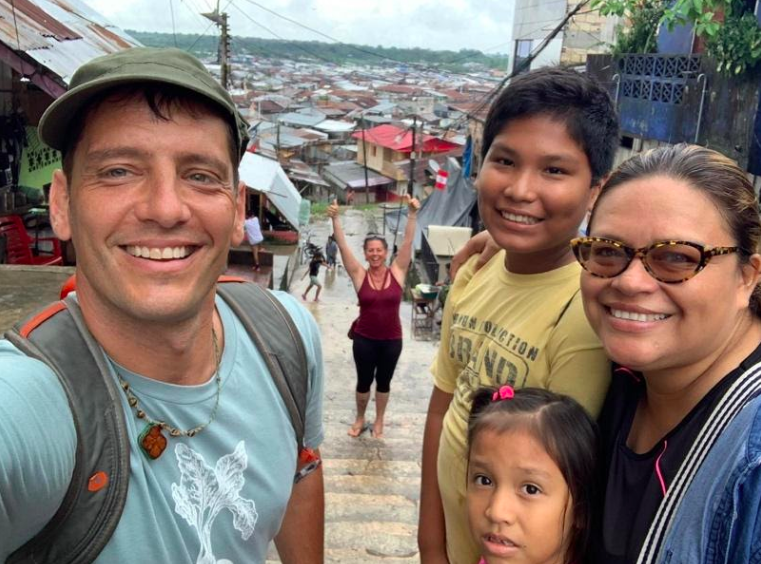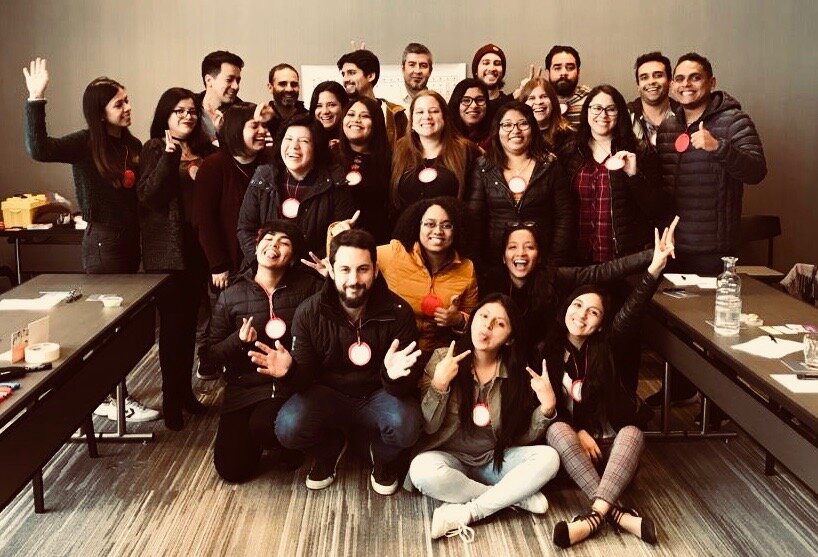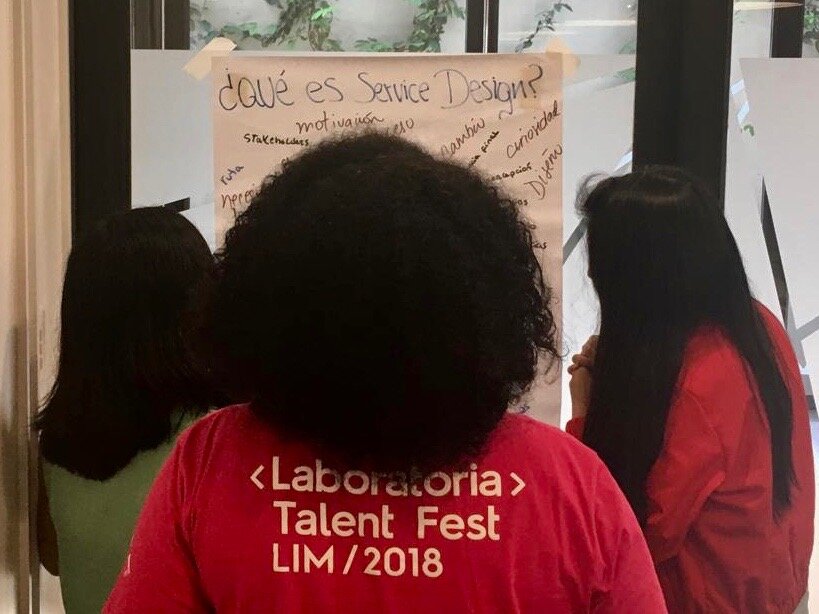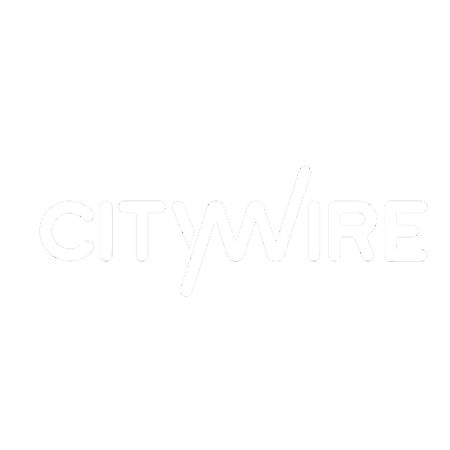James Sarria joined us for our San Francisco fellowship in 2017. He is now the director of an organization that works on the SDGs with a Peruvian focus. We caught up with him during lockdown to find out what he was up to and how his UnSchool experience is helping him today. Read on to see what he’s been up to!
Can you give us an introduction to yourself and your work?
I was born in the United States and recently realized my citizenship in Peru as a child of a Peruvian national. I now live there, where I am also a proud uncle and great uncle to five nieces.
My educational training is in urban agroecology and rural community development in Latin America. I currently live in Iquitos, Peru directing the Instituto Perucano, an organization in the Peruvian Amazon that I founded three years ago.
The name Perucano pays respect to my Peruvian heritage and highlights a target population in the Americas to intentionally engage for our work in Peru. Our mission is to facilitate access to professional development initiatives in careers that work towards the Agenda 2030 Sustainable Development goals (SDG’s).
Our theory of change is based on the idea that once Peruvians are given access and resources for professional development training, they will drive new initiatives to achieve the SDG’s in Peru.
Instituto Perucano Sustainable Development Goals training with youth members (Selfie – July 2019 – Iquitos, Peru)
What motivates you to do the work that you do?
Since I was 15 years old, I realized quickly that the educational system was designed for some people to succeed over others. This success wasn’t based on intelligence, rather on resources provided by your family and network to move towards professional goals.
Fundamentally, I believe that the best people aren’t always the one leading, rather the ones that have leveraged social capital and accumulation of wealth. As a disruptor of local and global systems, I will continue to maintain a high level of equity and inclusion in every space I encounter. Therefore, motivation is sustained and driven to continuously be a better version of myself every day.
How did you find out about the UnSchool, and what motivated you to come?
While on sabbatical from seven years of disruptive work at the Kapor Center for Social Impact - SMASH in Brazil, I stayed at the Yunus Negócios Sociais Brasil in Sao Paulo. During my time at the center, my friend mentioned that he had recently completed a program in Sao Paulo, Brazil with the UnSchool. There was an opening that he encouraged me to apply after I quit my job to focus on starting Instituto Perucano.
I was ready for a change in my life, and I had no idea at the time how important it was to embrace the disruption that the UnSchool was destined to provide. I was motivated by my friend's recommendation from my time in Brazil. After pouring my heart out to him about my future aspirations and work, he strongly encouraged me to apply for an UnSchool opening in my home city of San Francisco, California. I applied, was accepted, and the rest is history!
What was your experience at the UnSchool like?
The experiential educational model UnSchool employs is uncommon and something that I am familiar with from some of my studies in higher education. From ages 18 – 24, I traveled in Latin America and East Africa through the Friends World Program (now called the Global College of Long Island University), a bachelor’s level college degree program.
During my studies in Honduras, Costa Rica, Kenya and Tanzania, I participated in experiential based learning that required the development of many of the disruptive design tools presented during our intensive in San Francisco, USA. The difference is that when I was younger, I didn’t have many tools to facilitate my experiential education.
UnSchool was the clarity I have been waiting for in my life that gave permission to be the leader I have always desired from others. The tools that UnSchool provided in combination with the facilitation methodology allowed me to embrace the learning community. As a leader, Leyla and her team of mentors made it easy to trust the process.
James and other team members (from left to right: Susanne, Aleesha, Drew) in deep discussion during the SF Fellowship (photo courtesy of the UnSchool blog).
What was the main take away you had from coming to the UnSchool?
Like any true learning experiences, many answers of the learning and knowledge we seek are right in front of us, within us. At times, I can be blinded by my own insecurities, doubts and limitations educational systems and society conditioned me to believe.
Once I was able to adjust my perspective, true learning experiences and processing of life experiences began to unfold. UnSchool helped me own my experiences and provided a platform and framework for me to continue building out Instituto Perucano in Latin America & the Caribbean.
Tell us more about your initiative(s), and how is it all going?
In 2019, Instituto Perucano received our first grant from the United States Embassy in Lima, Peru to support training in Sustainable Food Systems. The grant covered all expenses necessary for candidates to apply and participate in the 6 to 12-month programs. The grant is powered by Multinational Exchange for Sustainable Agriculture, and funded by the US Embassy in Lima, Peru.
Due to COVID-19, we employed a disruptive design approach to redesign the grant since global borders were closed. We successfully redeployed funds and instead of only engaging 5 students for a grant to training in sustainable farming in the US, we are hosting 38 Perucano Fellows in Applied Agroecology in a virtual program in Peru.
Another initiative is a partnership we have with the Nika Project, based in California, United States. Their mission is to support training in augmentative alternative communication for students with different learning abilities. Volunteer teachers and speech pathologists spend their summer vacations traveling globally to lead, design and training teachers to create high-tech and low-tech learning environments for low-income students.
In the summer 2021, Instituto Perucano will host Nika Project volunteers (teachers, speech pathologists, and students from San Francisco State University, USA) for an expanded training throughout Peru in Iquitos, Lima and Cuzco.
Cindy Evans (Nika Project), Cathy Reategui (School Director, CEBE Iquitos). Photo Credit: James Sarria (selfie) - Location: Belem, Iquitos, Peru July 2019
Instituto Perucano has funded international travel to conferences and professional development training in human rights, education, agriculture and human health for Peruvians that have never traveled outside of the country. The most recent included three lawyers that were funded to participate in the Sistema B conference in Latin America, which included a meeting of a coalition for environmental lawyers. These types of training have inspired other professionals in Iquitos to solicit impact funding for community impact projects.
One current program initiative that stemmed from our work with the Nika Project at special needs schools is focused on creating a community education garden for students to learn about their food systems through hands-on workshops.
There are over 30 special needs schools that we are developing plans to support. Our first planting took place at CEBE Iquitos right before a national quarantine in Peru, and since students couldn’t attend school, the plants were distributed directly to families for students to grow in their own homes.
Cathy Reategui Olortegui (CEBE Iquitos Director - front left) and Veruska Veintemilla (Instituto Perucano Regional Coordinator - front right) distributing sweet pepper plants in Iquitos, Loreto PERU July 2020
How did the UnSchool help you start/evolve it?
The UnSchool brought me to a point in my life to evaluate my life trajectory. In order to accomplish my professional and personal goals, I needed to reorient my life path to be inline with my main goal, which is to hold space for individuals that lack opportunity but not ambition.
We create learning opportunities for individuals to develop professionally in order to realize their ambitions. Before I would fully participate, I had to experience this social change first hand. The UnSchool has played a fundamental shift in my ability to materialize my goals.
How have you amplified this change you do in the world?
I amplify change by sharing my truth with others and holding space where anyone can do the same. This is the evolving work of the Instituto Perucano. Having a physical, proprietary space is one of our goals. Place has an important role in society. Work in progress.
How can people engage with, support, or follow your work?
The best way is to follow our work on Facebook and Instagram. Our updated website is now live as of April 2020! Instagram – Facebook – Website
Any other thoughts you want to share?
I’m inspired by UnSchool’s founder, Leyla Acaroglu and her farm in Portugal. My sister is the first person in my immediate family to own land and a house. Growing up in public subsidized housing in the United States has shaped how I walk through the world.
I long for a place to call my own, to be able to hold space without having to rent or while appreciated, rely on the good will of friends and family. My work is very personal, but I hope to be able to accumulate property and land someday to use communally for anyone that doesn’t feel they belong.
Once someone feels like they are allowed to be themselves and given a place to heal and rest, it’s amazing to watch the power they self-generate. I strive to be able to articulate my perspective and theory of change like Leyla. Watch out for me ☺
Urban Farm project with Young Community Developer at San Francisco County Jail (Selfie – July 2018) - San Francisco, California USA
